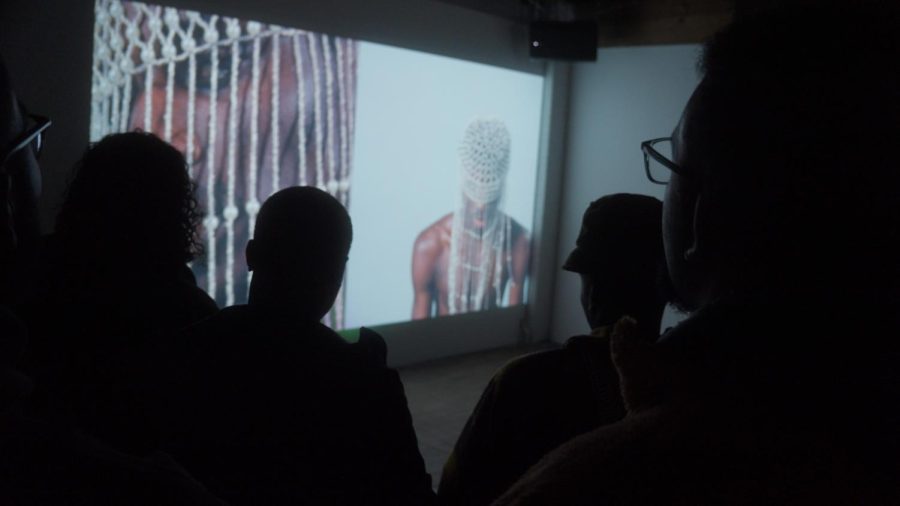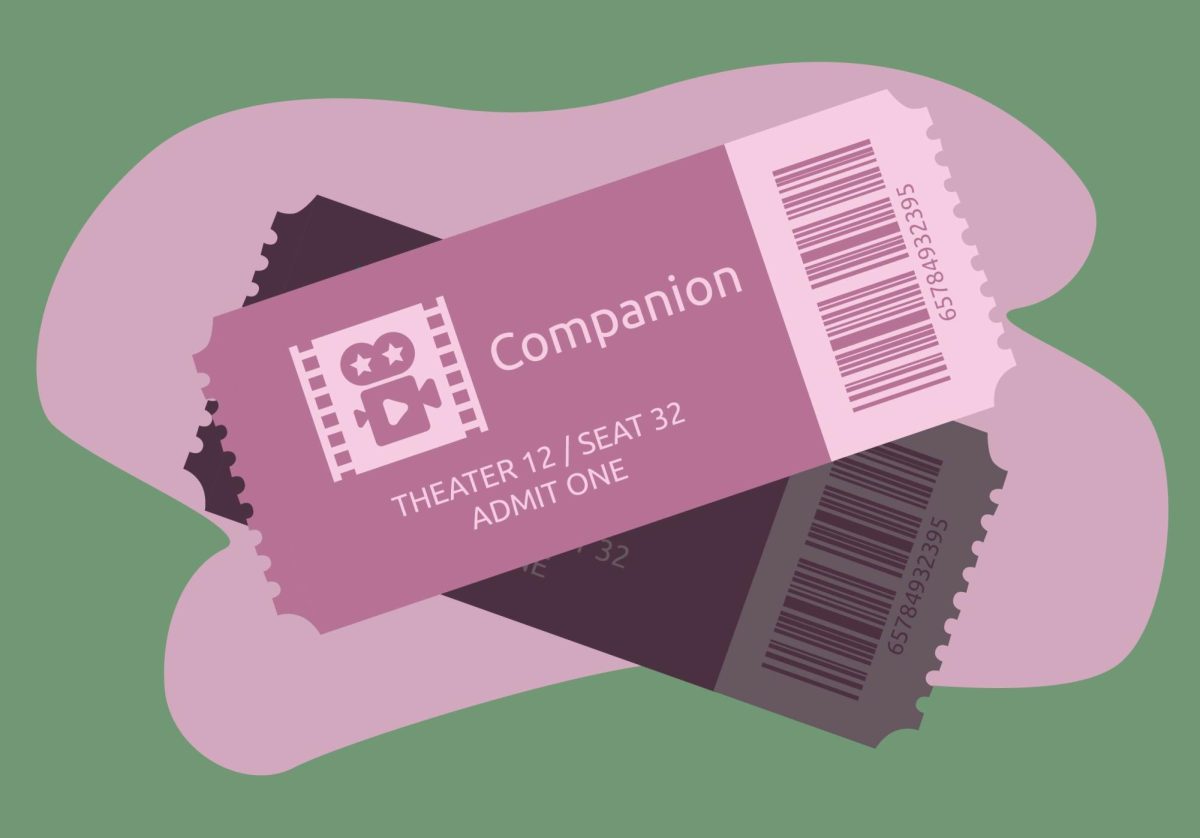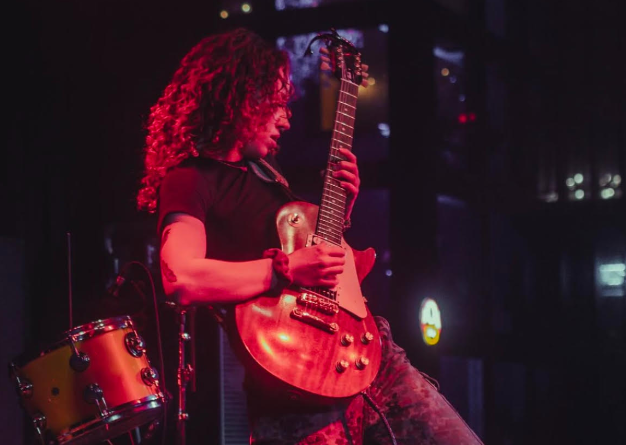University of Minnesota alumni Taoheed Bayo, Justin Ofori-Atta and Mark Odumuyiwa created the idea for the short film “Ààrẹ,” which tells the story of Bayo’s cultural background through visuals and dance.
All three filmmakers contributed to the mesmerizing visual allure of “Ààrẹ,” which premiered in front of a live audience for the first time on March 18.
Bayo wrote, directed and starred in the film. Bayo’s life experiences are at the forefront of the project and he said “Ààrẹ” conveys the story of “the expansive man,” a cultural concept rooted in Bayo’s upbringing in Lagos, Nigeria.
According to Bayo, the expansive man represents a “man of might on a continuous journey of self-discovery and entering a metaphysical state where his vulnerabilities and strength are settling to coexist.”
The short film is four minutes long and features Bayo wearing a shimmering headpiece while dancing to traditional Yoruba music. Different members of Bayo’s personal life, including his mother, voice different phrases of a poem in Yoruba while the dancing commences.
“When I saw that headpiece in my friend’s closet, it reminded me of growing up in Lagos, and it is very common in African culture for royalty to wear a headpiece similar to the one I am wearing in the film,” Bayo said. “That headpiece led to the beginning of the creation of the film. Then I reached out to a poet in Lagos and asked him to write a poem in alignment with royalty and expansiveness.”
The short film is a powerful snapshot of Nigerian culture and uses movement to convey emotive stories of perseverance.
“During the first round of shooting the film, there was this epiphany we had where we all realized that the project was something special and we wanted to make it special,” Odumuyiwa said.
After watching the film, the crew decided to reshoot to go above and beyond their first attempt, according to Odumuyiwa.
The attention to detail outlined by Odumuyiwa, the co-director and producer, reverberated throughout the precise sequences in “Ààrẹ.” The film engages audience members in the physical performance of Bayo with intentional style choices of cinematography throughout the film.
Director of Photography and Editor Ofori-Atta described how working with Odumuyiwa and Bayo on “Ààrẹ” became a freeing experience that elevated the entire creative process.
“This project to me represents all of our collective creative freedom and resilience,” Ofori-Atta said. “There’s a part where Taoheed gets knocked down and the screen goes completely black. You see him rise again and then he is even more ferocious in his movements. For me, that just represents that when you hit a roadblock, you have to respond even stronger than before.”
The process of creating the film resonated with Bayo on a personal level, which is expressed in the dance performance and visual style. Bayo explained how dance and movement allow for another avenue of creative output other than words.
“The film is meaningful to me as an artist because dance is another form of language for me besides speaking Yoruba and English,” Bayo said. “It is one of the mediums I can express myself freely. In the film, I use dance to express my experiences migrating from Lagos to the U.S.”
Ofori-Atta said the audience responded to the film with “awe and admiration.”
“People were so respectful of the project,” Ofori-Atta said. “You know how it feels to walk into an art gallery and everyone’s looking at the same painting quietly? That’s how it felt like when people were taking in the film.”








